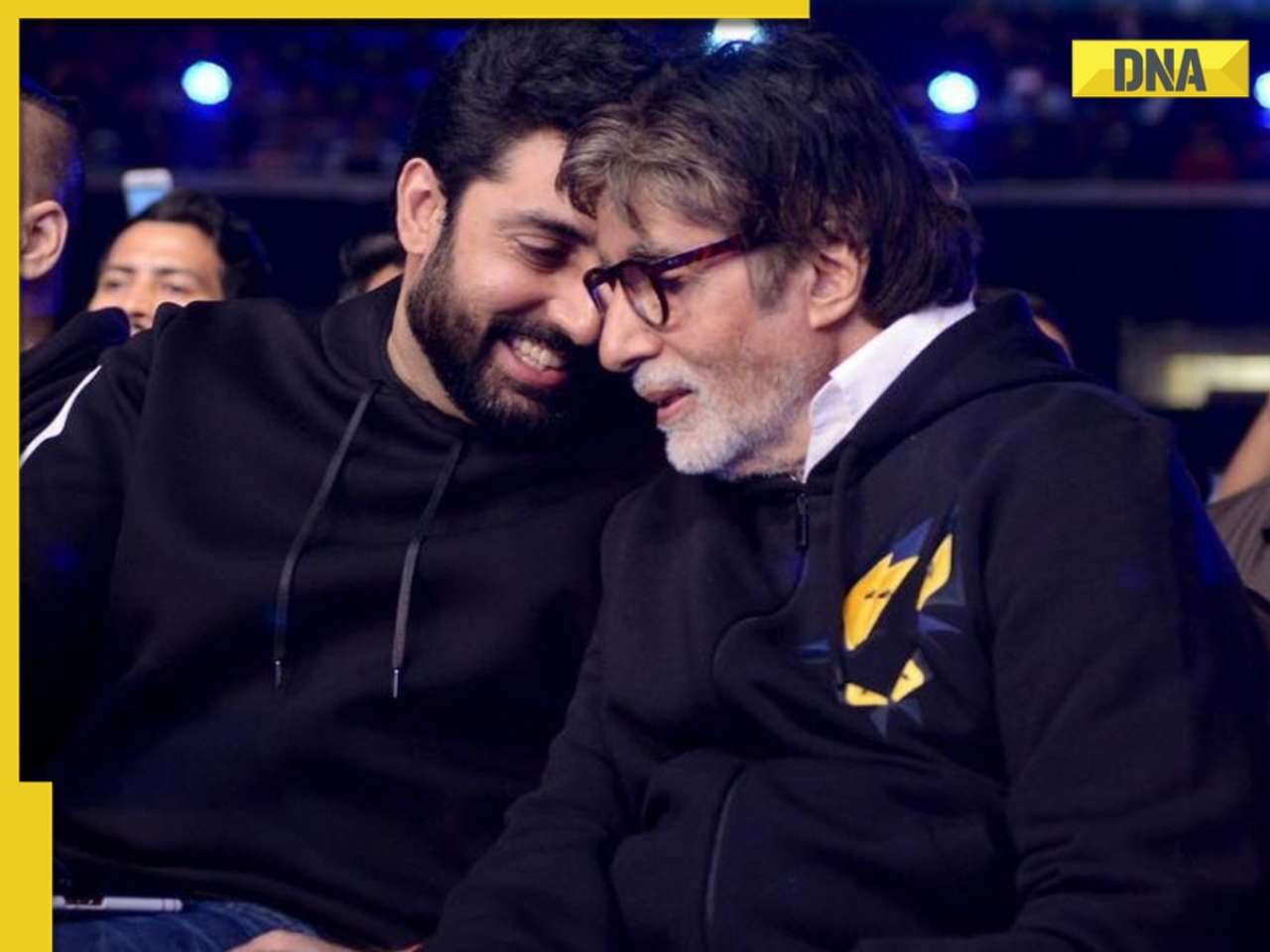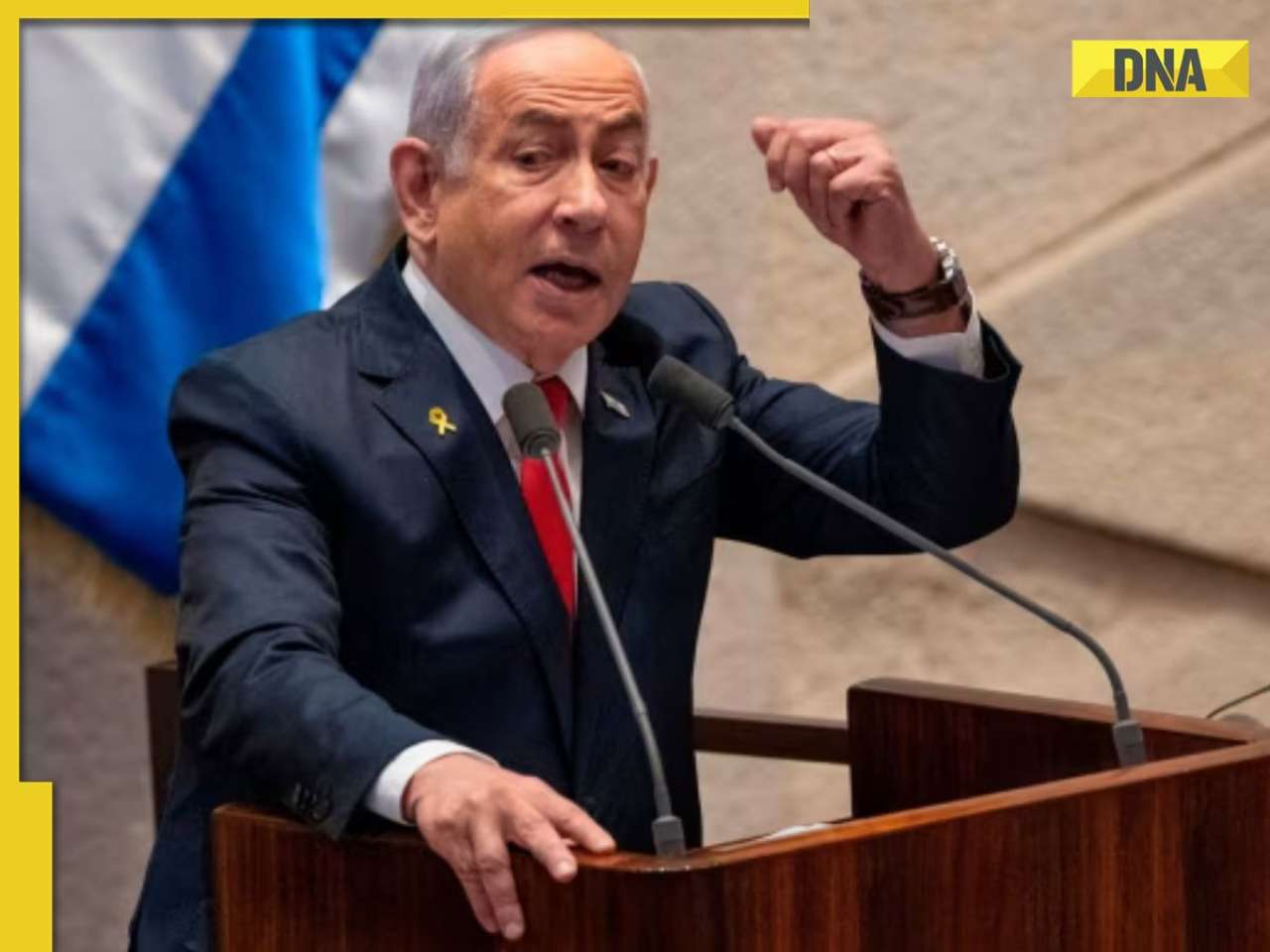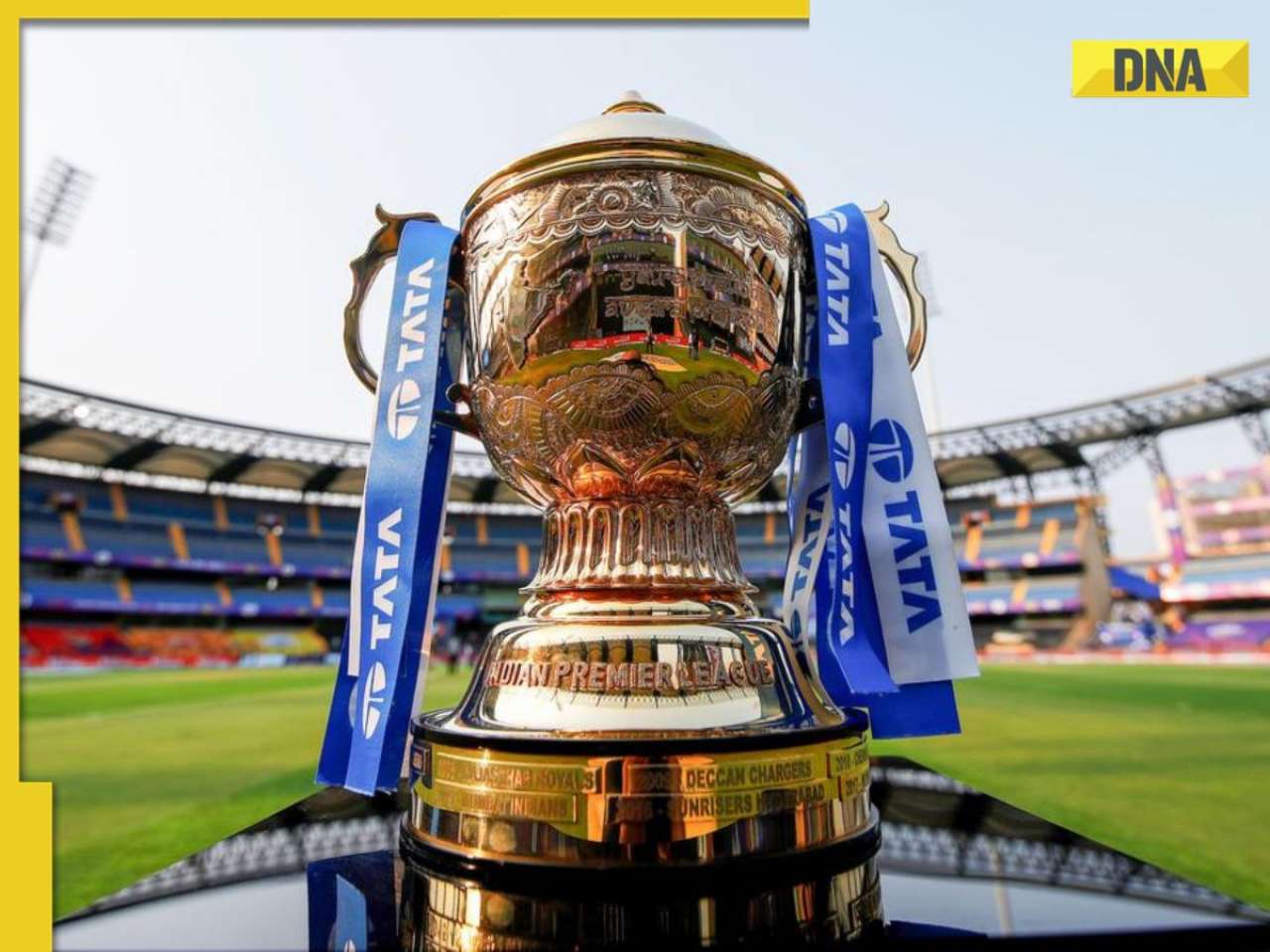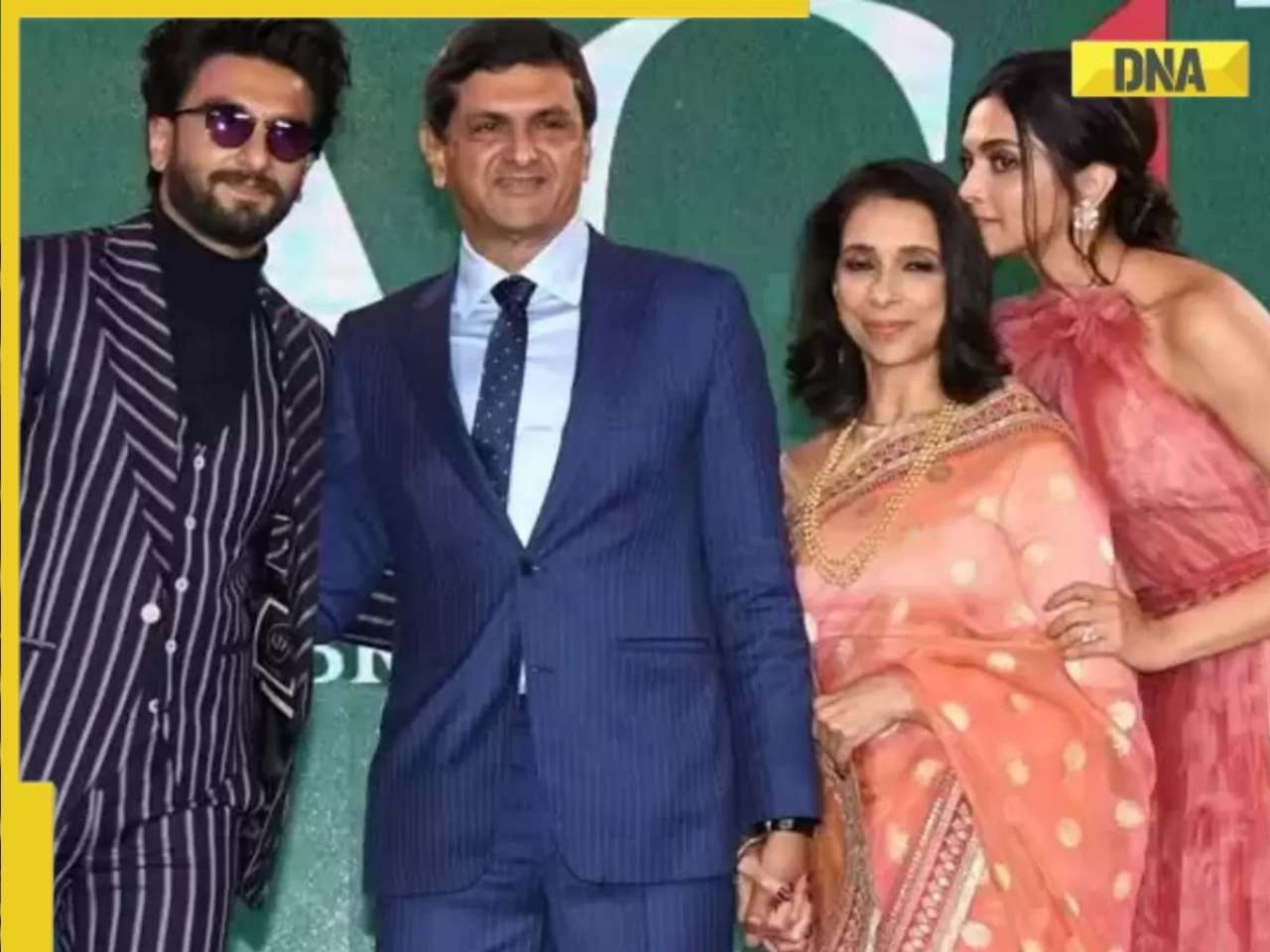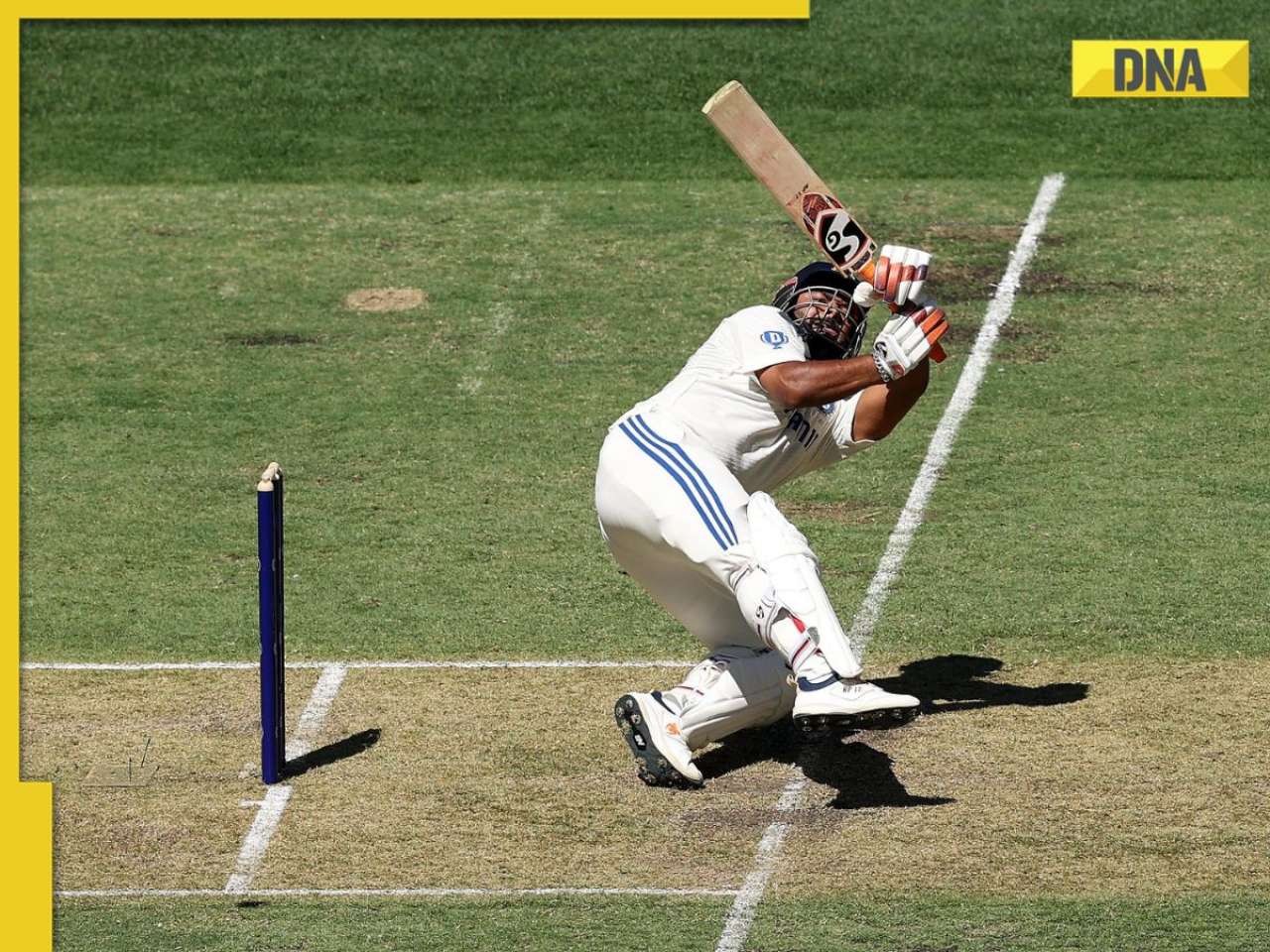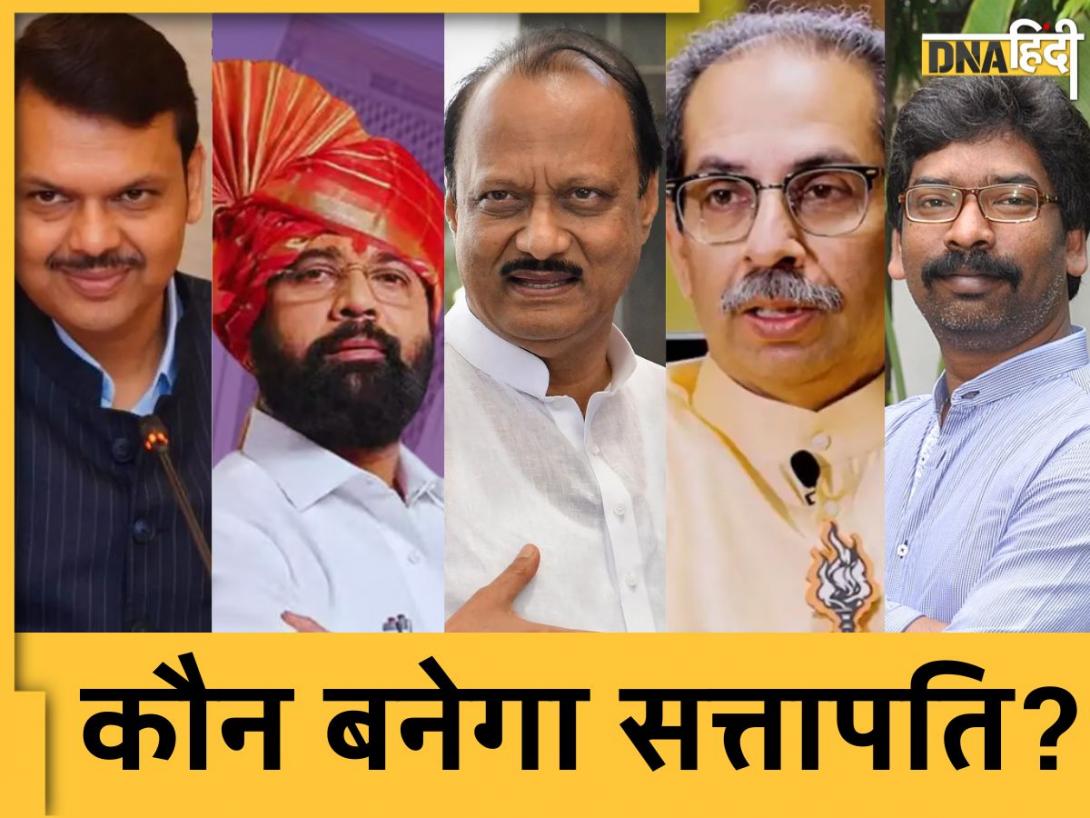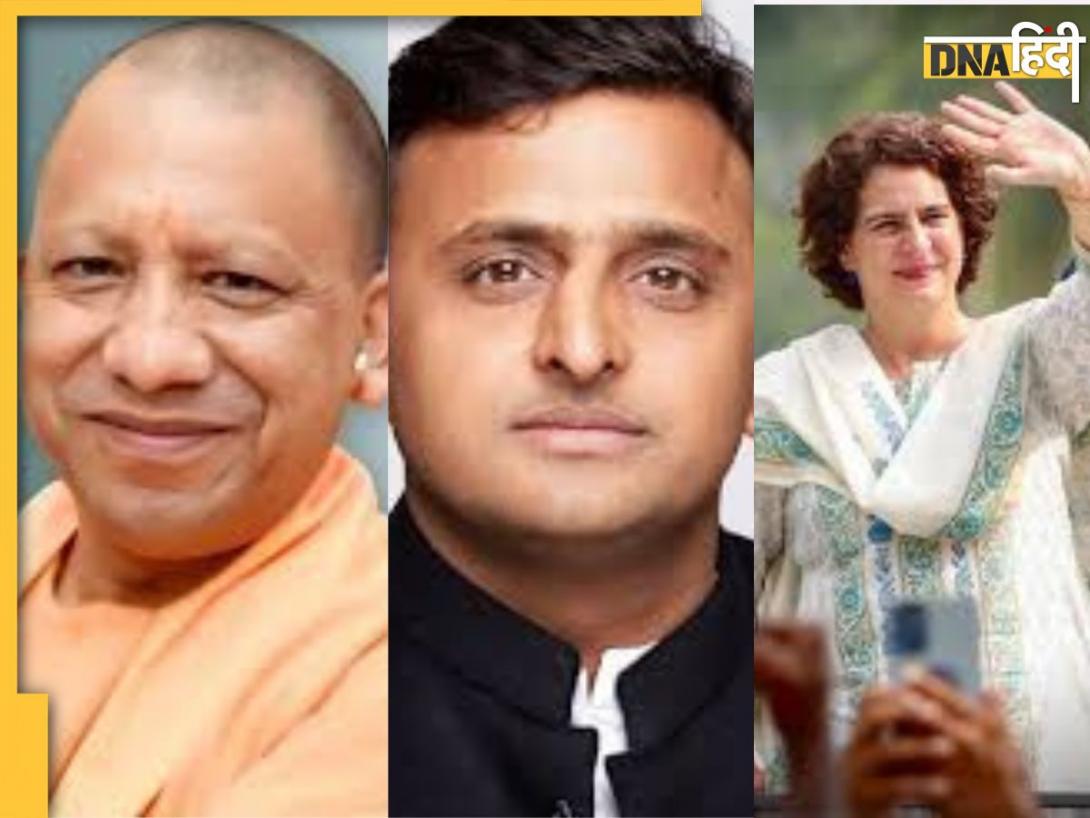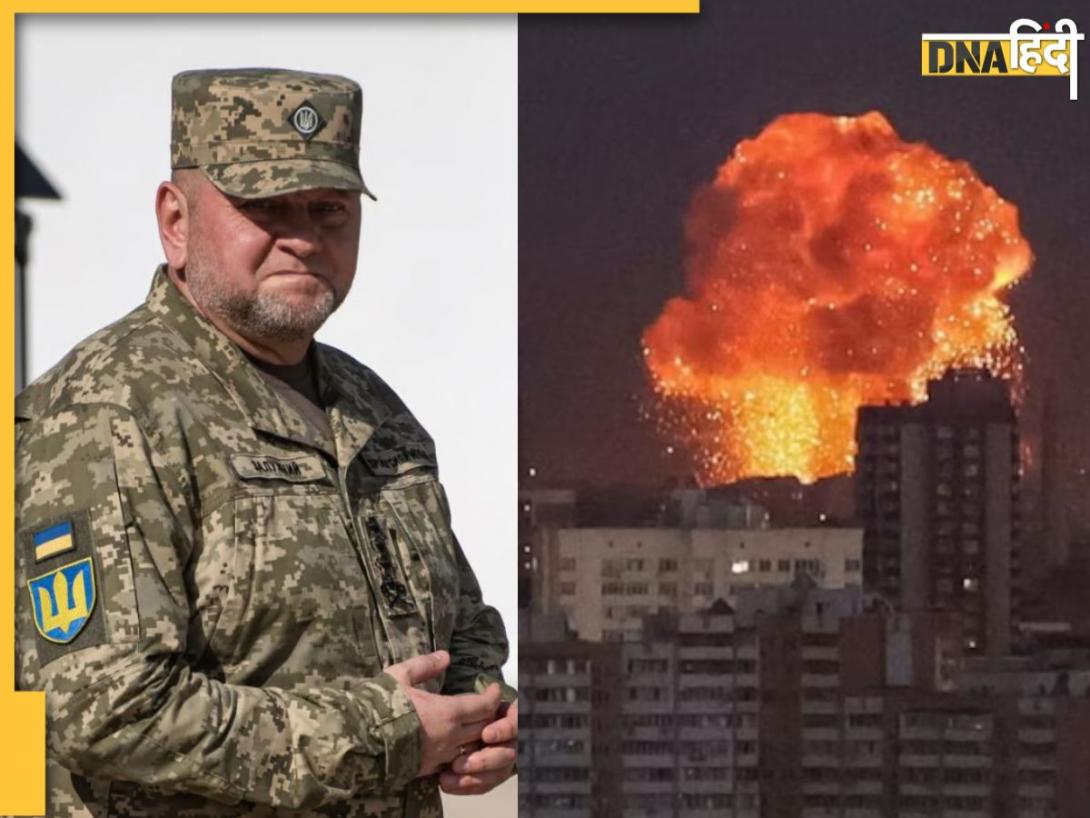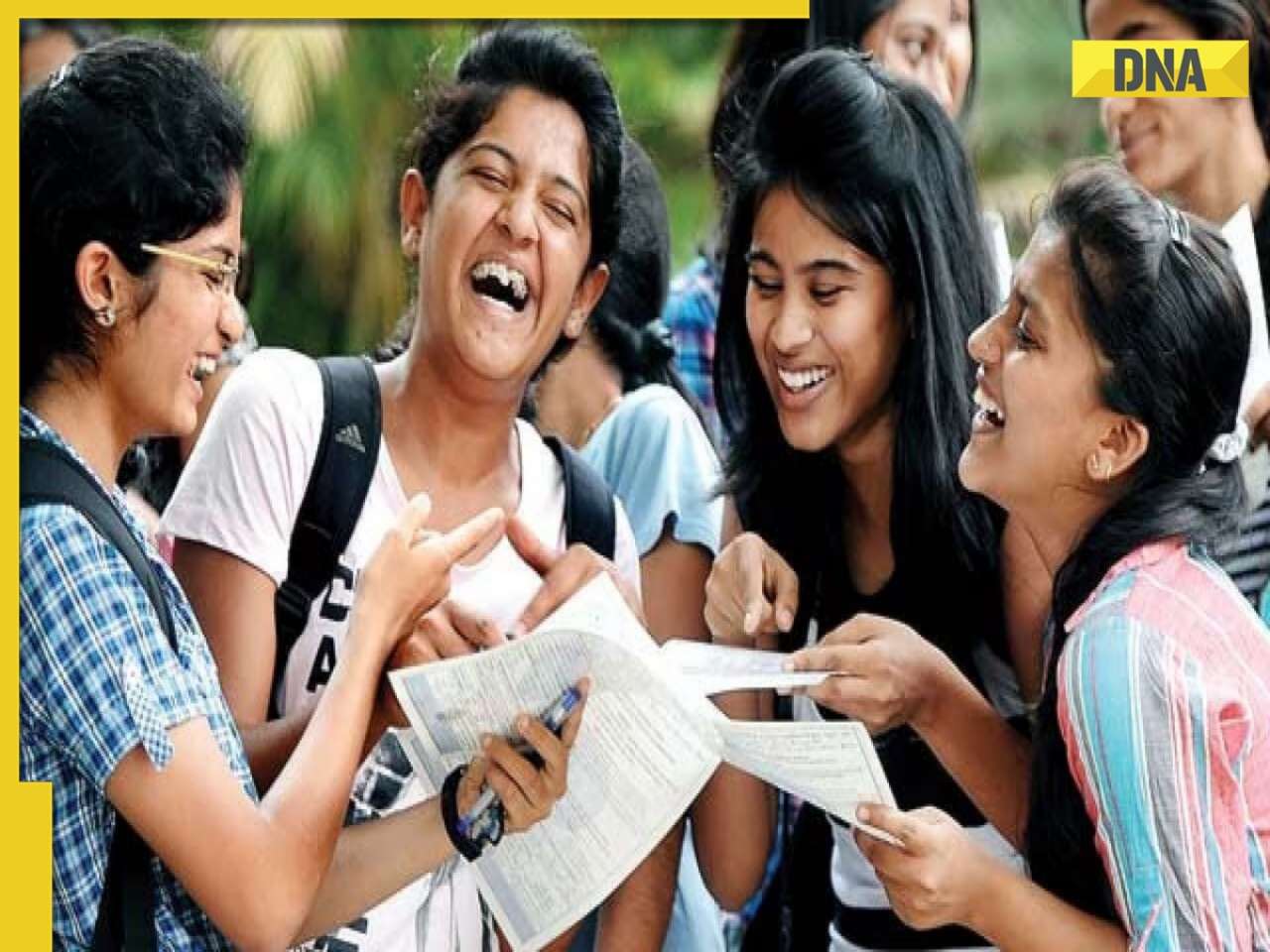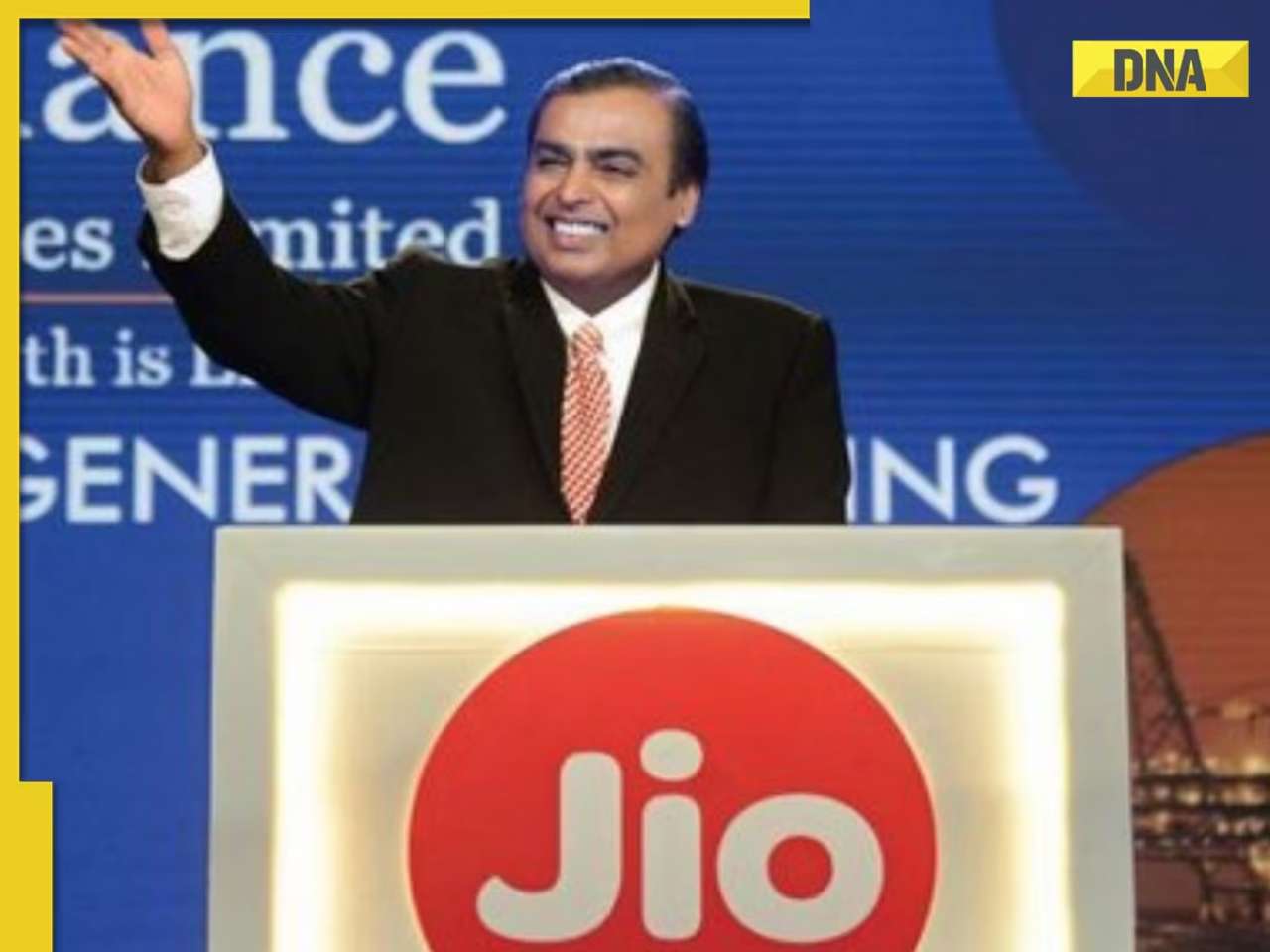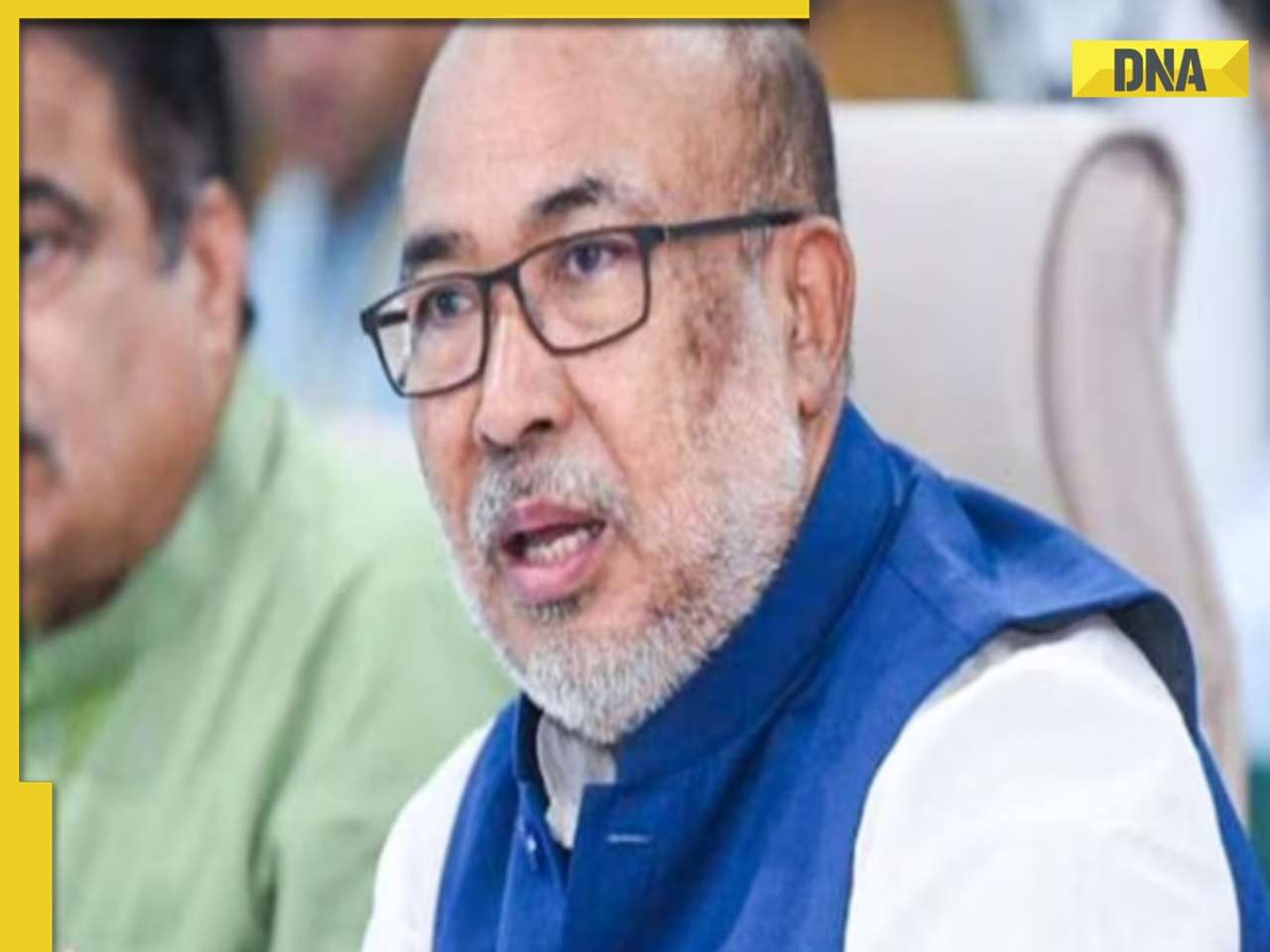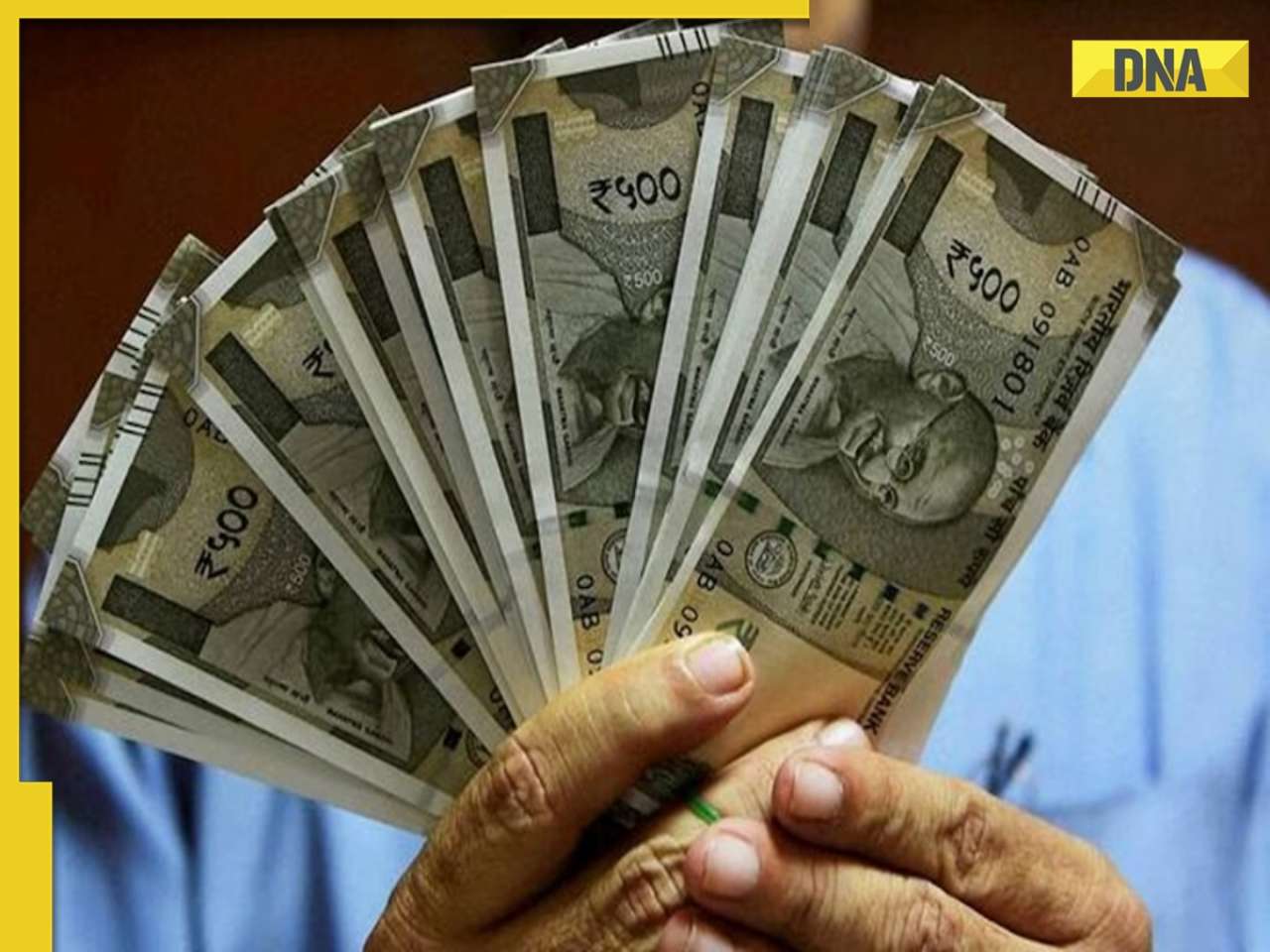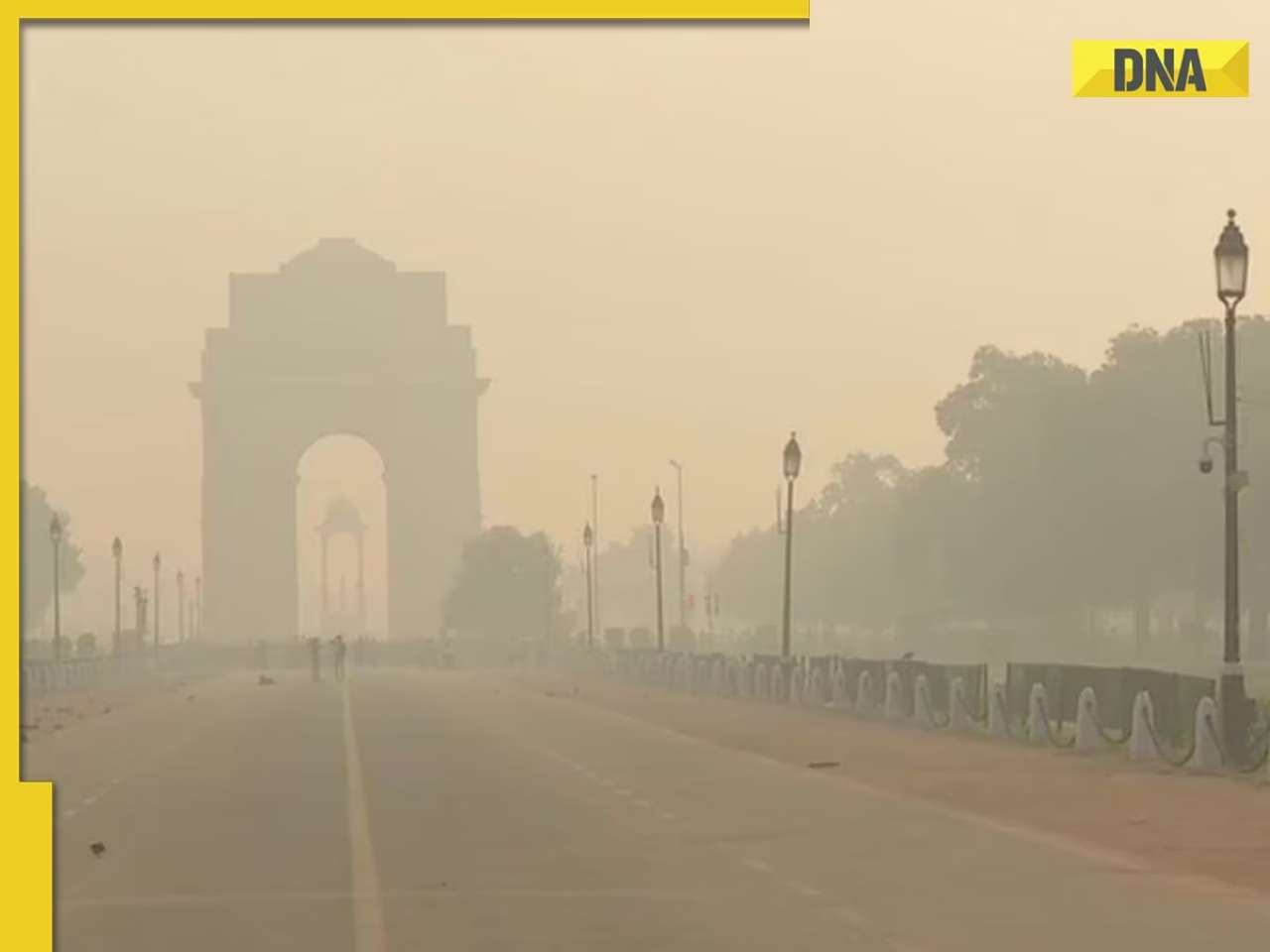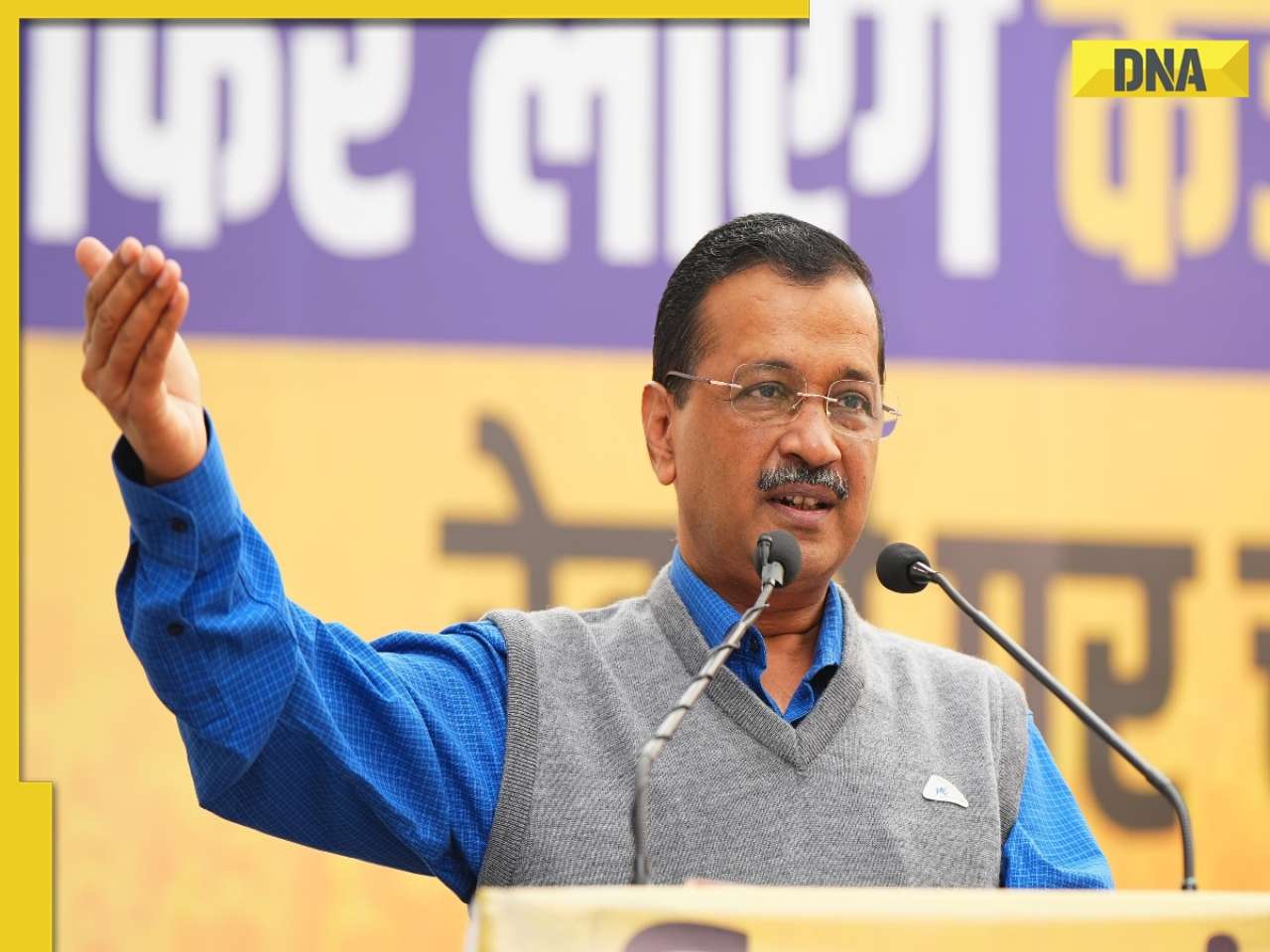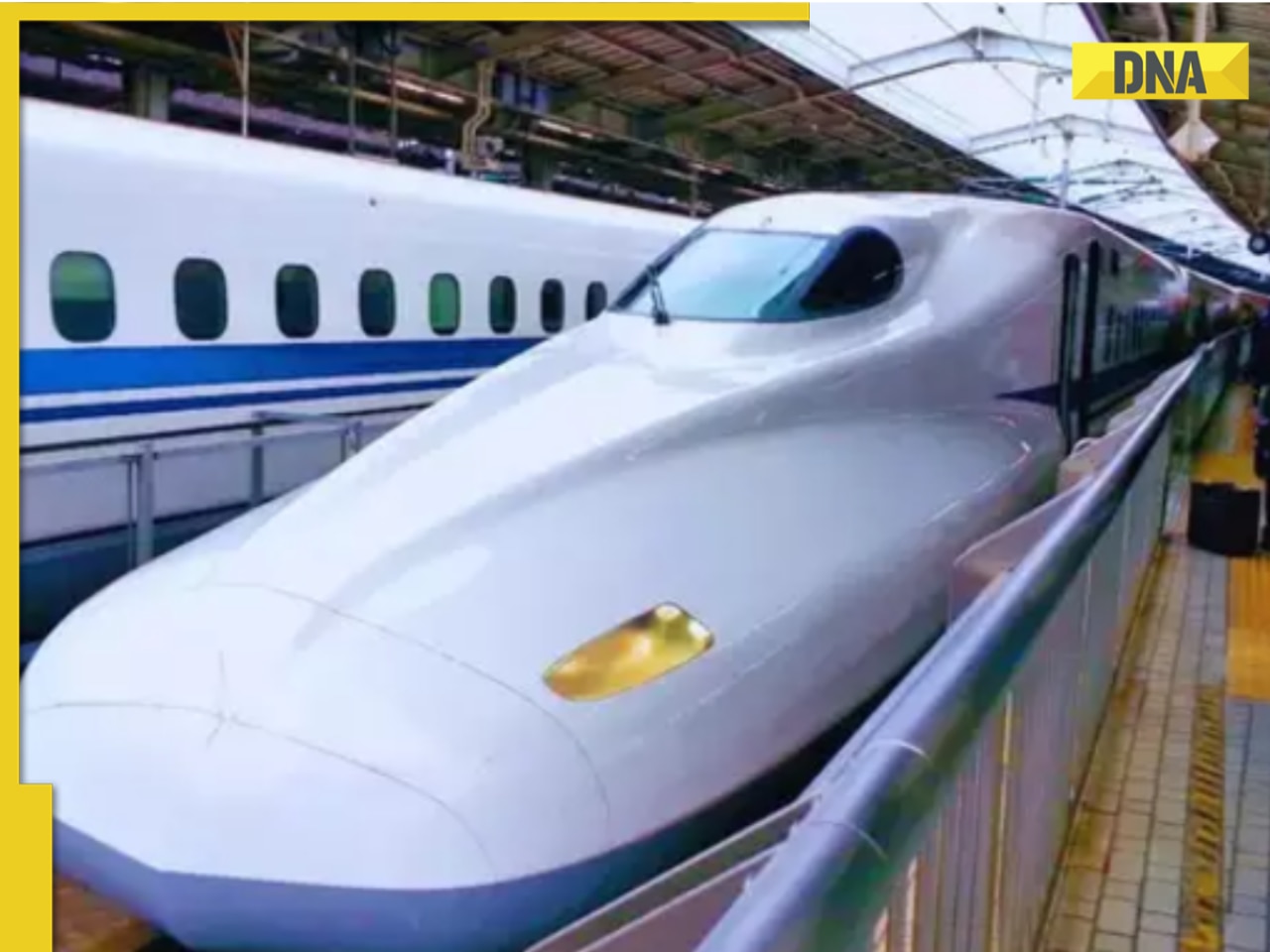- LATEST
- WEBSTORY
- TRENDING
ANALYSIS
New Great Game: US wants Russia to help contain China
Therefore, whether Russia remains a partner of China creating a new dynamic or confronts its influence across Eurasia, leading to a split again, will be the deciding factor in the global balance of power
TRENDING NOW
President Donald Trump’s overtures to President Vladimir Putin, while starting a tariff war with China, has the strategic community reminiscing about a time when it was all so different. During the Cold War, America had diplomatically aligned itself with China to counter the Soviet threat. Today, except that the US, Russia and China are now entangled on the grand chessboard, the forces underpinning the current environment and its actors are different from the Cold War period. The current power play is rooted in geo-economics where all the actors are interconnected, unlike during the Cold War, when ideological reasons characterised relations and the two superpowers did not share economic interests.
During the Cold War, the Soviet Union expanded into Central Asia and was poised to reach the Indian Ocean. On the Pacific side, China had become a bulwark of communism, influencing East and South-East Asia. Thus, the Sino-Soviet combine became the major threatening force, affecting the global balance of power. Among western powers, the US at that time was the sole major military power, as Europe and Japan were still recuperating from World War II. Direct military confrontation in this situation was not an ideal choice for the US, or for that matter either side, owing to the destructive potential of nuclear weapons put on hair-trigger alert.
The opportune moment came in the form of Sino-Soviet rivalry, weakening that bloc and allowing the US to mount a diplomatic offensive. Henry Kissinger’s secret visit to China and the subsequent visit of President Nixon revived US-China diplomatic relations. These relations became stronger with Deng Xiaoping assuming the leadership of China and setting the country on a course towards economic modernisation. The China that stands today as an economic giant is essentially the outcome of this policy. Thus began the golden period of American unipolar moment with a politically and economically weaker Russia, and a China yet to become assertive.
The 2008 global financial crisis changed this setting and China’s confidence in its economic power began to feed its geopolitical interests, pronounced under ‘core interests’. The Asian Infrastructure Investment Bank had attracted partners from Asia and Europe, including America’s allies. Today, the Belt and Road Initiative (BRI) has become the flagship initiative that symbolises China’s economic might. The road and communications infrastructure across Eurasia marked the first major attempt by a land power to make inroads into Central Asia after the fall of the Soviet Union. Simultaneously, China is building ports and naval bases overseas (Djibouti to start with), while deploying its warships in the Pacific and Indian Oceans.
Recalling the ‘Great Game’, British strategist Halford Mackinder underscored Russia’s potential to control Eurasia, from which it would reach the warm water ports of the Indian Ocean and start assembling a massive naval fleet. This would undermine the security and sovereignty of maritime nations such as Britain. Therefore, Britain’s colonisation of Asia and the US Cold War policy concentrated on controlling the rimland between Eurasia and Indian and Pacific Oceans. Mackinder, however, did not undermine China’s potential. Today, China has access to warm water ports in the Western Pacific, which it is trying to control unilaterally by commissioning warships on an industrial scale. Combine the road and rail infrastructure overland across Eurasia and naval ambitions in the Indo-Pacific, and it becomes evident that China is marching towards Eurasian hegemony, while denying the maritime nations the ability to control the rimland.
The threat is clear and the US administration under President Obama had decided to position 60 per cent of its military assets in the Indo-Pacific. US-India relations began to improve and military exercises such as RIMPAC and MALABAR began to assume greater salience. However, working with Russia for possible containment of China and simultaneously confronting it on unfair trade practices proved a greater challenge for Washington’s traditional policy elite. As a result, the Trump administration is engaging with Russia and North Korea diplomatically and raising tariffs on China’s exports to the US. The result of these efforts is dependent on the recognition of the current China threat rather than that of the Cold War imaginations within US strategic circles. Henry Kissinger’s advice to Trump to engage with Russia assumes significance in this context.
The question is will Russia comply? Russia sees major incentives to engage with China which includes trade, infrastructure and mutual assurances on spheres of influence. China’s BRI projects across Central Asia benefits Russia, given its geographic position. China is a major buyer of Russia’s oil, gas and defence equipment and both sides share the aversion to the western democratic, liberal world order. Russia and China are also acutely aware of the consequences and outcome of the Cold War Sino-Soviet split. However, the US believes that the strategic undercurrents of power and influence over Eurasia will render the same fate to the next iteration of Sino-Soviet relationship. Therefore, whether Russia remains a partner of China creating a new dynamic or confronts its influence across Eurasia, leading to a split again, will be the deciding factor in the global balance of power.
The author is an Associate Fellow in the Nuclear and Space Policy Initiative of the Observer Research Foundation, Delhi. Views are personal.

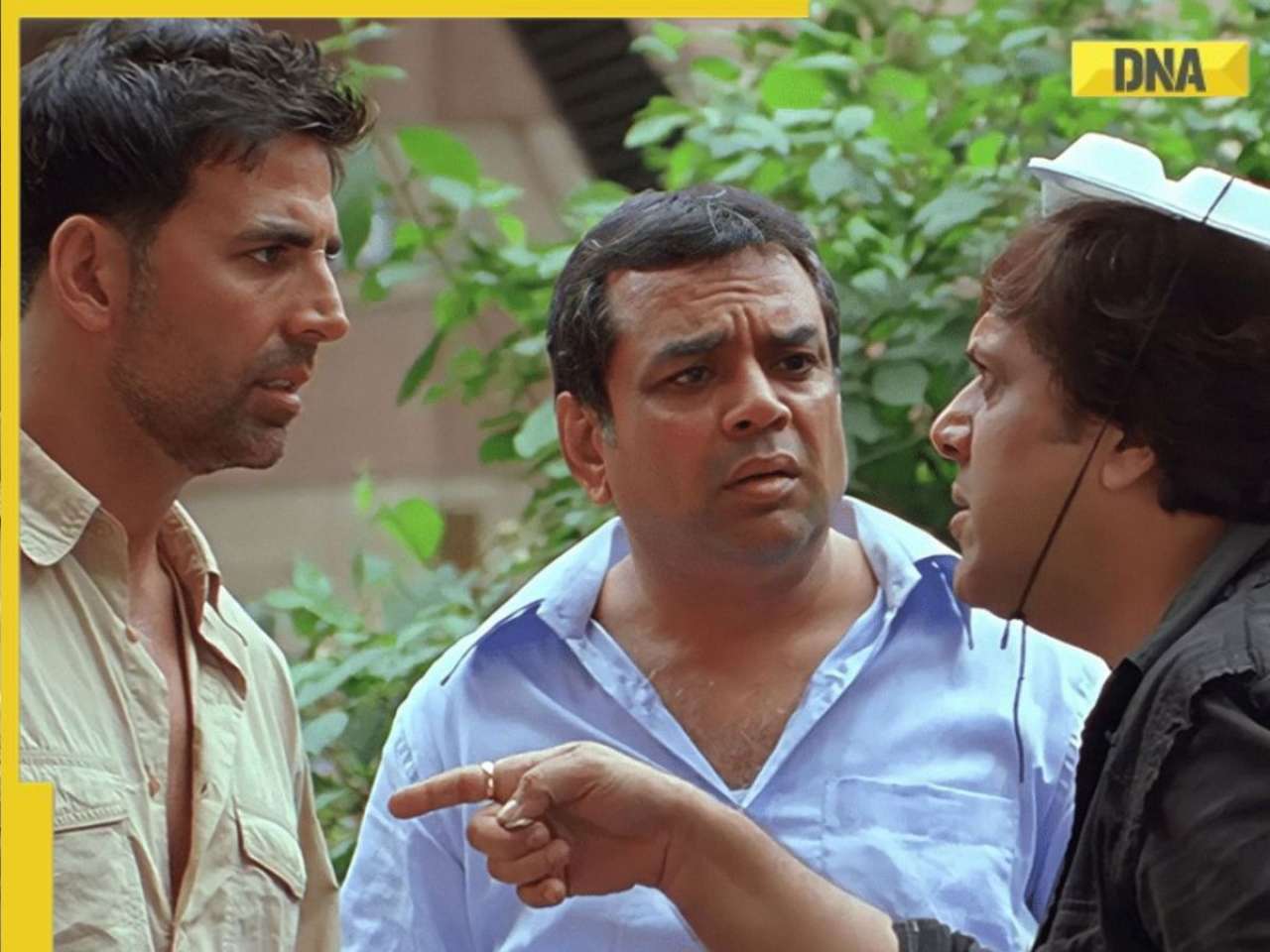





)
)
)
)
)
)
)
)
)
)
)
)
)
)
)
)








